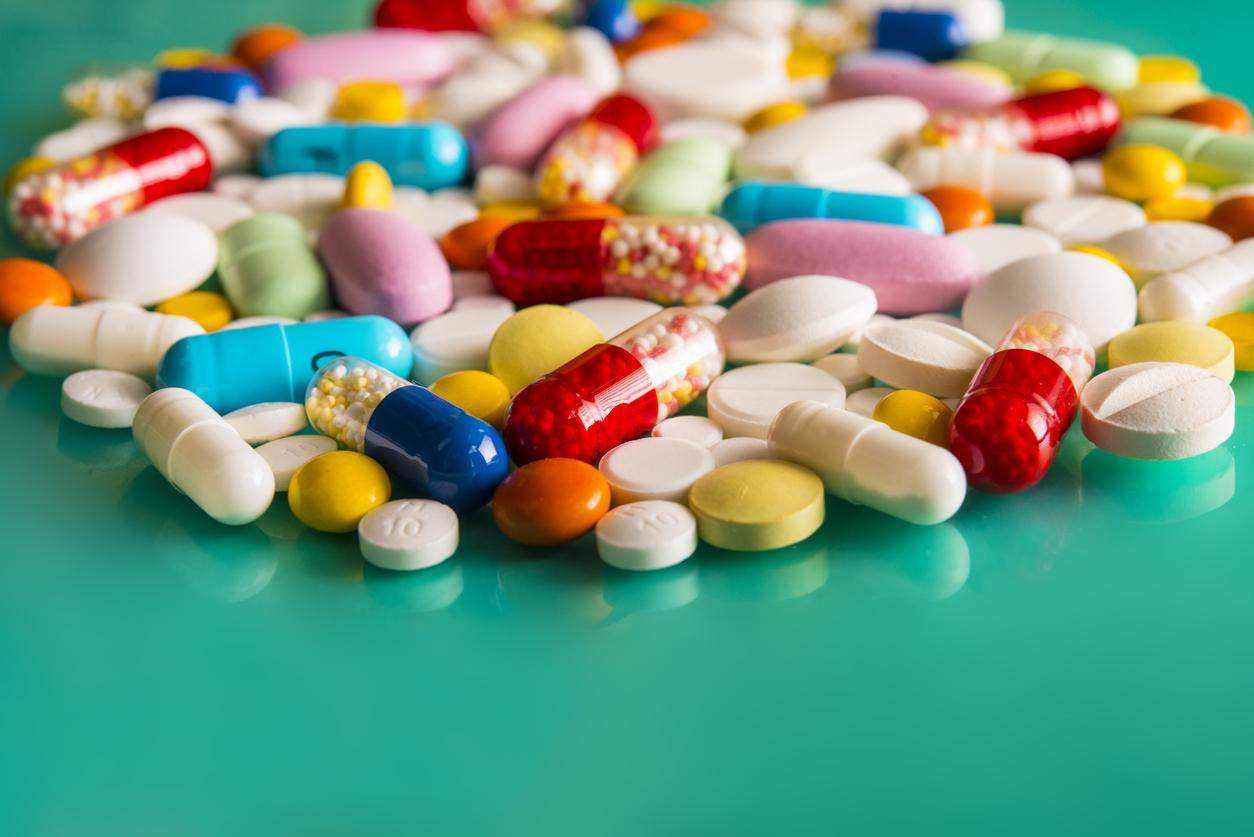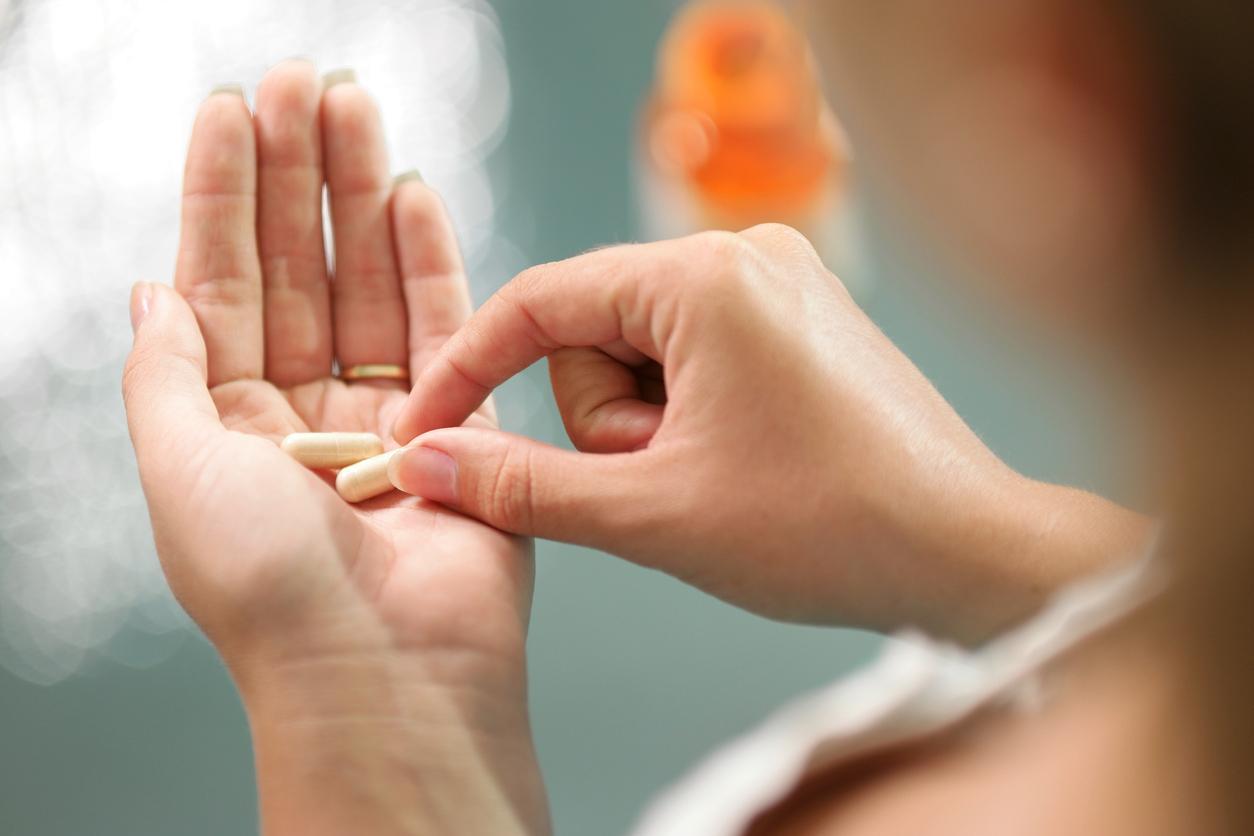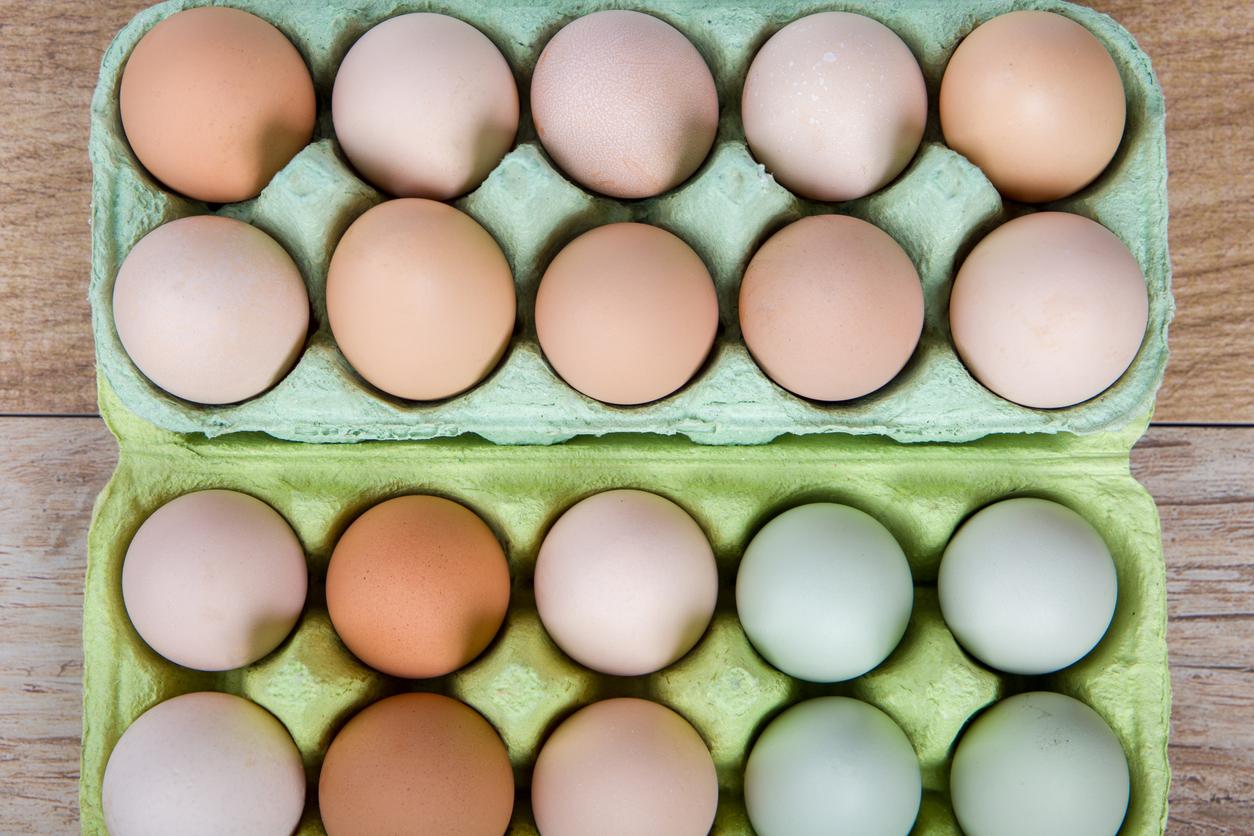Last May, researchers at Northwestern University in the United States already suggested that the people who present a lackin vitamin D were twice as likely to develop a severe form of Covid-19. A new study from the University of Santander, Spain, confirms this discovery. Spanish doctors have in fact found that 82% of patients hospitalized for coronavirus had a vitamin D deficiency.
According to Spanish doctors, this vitamin would prevent the famous “cytokine storm”, this inflammatory reaction of the body which goes as far as causing death in some patients with the coronavirus. It would therefore be wise to advise people over 60 (often deficient in vitamin D because its skin synthesis decreases with age) to supplement. But who are the most likely to be deficient and who are signs of vitamin D deficiency ?
# 1 you have inflammatory bowel disease
People who suffer from gluten intolerance, Crohn’s disease or inflammatory bowel disease are more at risk of vitamin D deficiency because of the consequences of these diseases on fat absorption. Since fat is absorbed less well, fat-soluble vitamins, such as vitamin D, are in turn less well absorbed. To avoid too much deficiency, it is sometimes sufficient to consume dairy products enriched with vitamin D.
# 2 you are overweight
Being overweight or obese does not affect the way our body synthesizes vitamin D. But the higher concentration of body fat affects vitamin D levels in the blood. The more fat you have, the more vitamin D, which is fat-soluble, is diluted. This is why overweight people have higher vitamin D requirements.
# 3 you have dark skin
Pigmentation in your skin is like natural sunscreen. When you apply a factor 30 sunscreen, it reduces the skin’s ability to synthesize vitamin D from the sun’s rays by 97%. It’s the same with dark or black skin. A person with very dark skin needs ten times more sunlight than a person with fair skin to synthesize the same amount of vitamin D.
# 4 your bones hurt
Do you have pain in your bones and muscles and your joints feel stiffer when you get up in the morning? You may be suffering from a vitamin D deficiency. If you suffer from chronic pain, contact your doctor to have this vitamin dosed. In the event of a deficit, supplementation should then be considered.
# 5 you got the blues
A small number of epidemiological studies have explored the relationship between vitamin D and depression and found that people hospitalized with depression often had lower average vitamin D levels than people without depression. It is not yet clear how vitamin D influences the neurotransmitters involved in states of stress, anxiety or depression, but it could be that vitamin D protects the neurons that synthesize dopamine and serotonin, two neurotransmitters essential for proper functioning of the brain.
Vitamin D2 and vitamin D3: what’s the difference?
Vitamins D2 and D3 are the two forms of vitamin D. LVitamin D2 is mainly present in plants (mushrooms, cereals, etc.), while vitamin D3 is mainly present in foods of animal origin (fatty fish, egg yolk, butter, etc.). It is also this which is synthesized when the skin is exposed to the rays of the sun. In France, two decrees (2001 and 2004) authorize the enrichment of certain foods such as milk, fresh dairy products and oils with vitamin D.
For supplementation of patients, both forms of vitamin D are available in the market. But doctors and naturopaths often prefer to prescribe vitamin D3 because it is more easily assimilated by the body. In France, the recommended daily intake is between 600 and 1000 IU, especially if you are over 60 years old.
Read also :
- Vitamin D: in ampoules, drops, capsules, which one to choose?
- Osteoporosis: the 3 essential nutrients for strong bones
- Vitamins and minerals: the right duos
- Common Cold: Vitamin D Better Than Vitamin C?





















